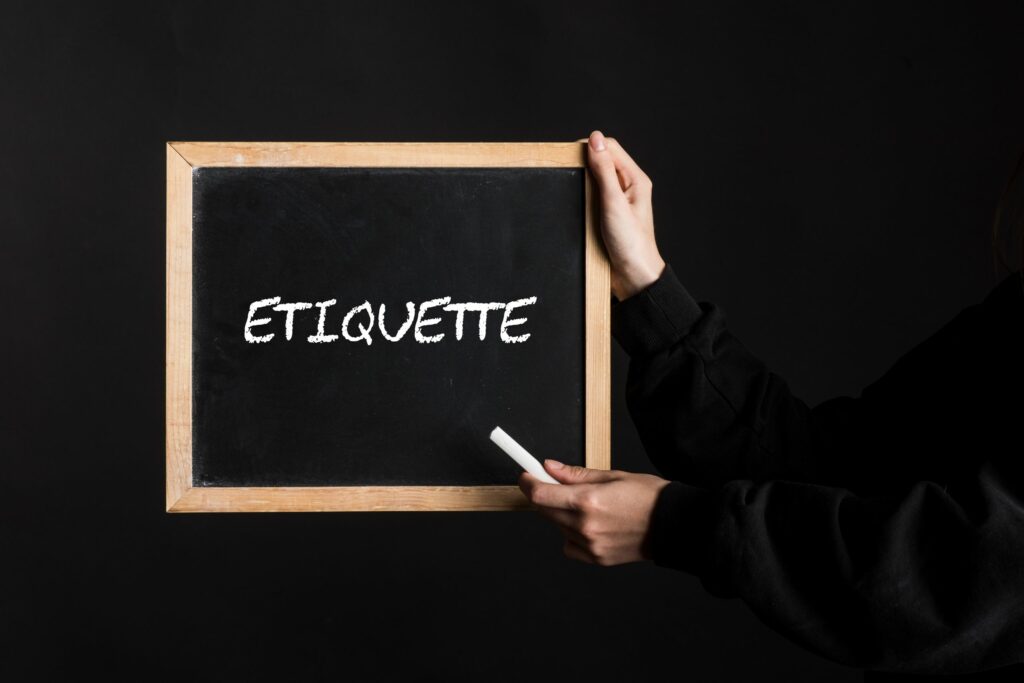With its breathtaking landscapes, diverse traditions, and warm-hearted people, Indonesia is a land of captivating contrasts and vibrant cultures.
Indonesian cultural etiquette is a tapestry woven from centuries of history, various ethnic groups, and religious influences. It’s a code of conduct that governs social interactions, customs, and traditions, and it plays a significant role in the daily lives of Indonesians. In this journey of discovery, we will delve into the ‘what,’ ‘how,’ and ‘where’ of Indonesian cultural etiquette, uncovering the secrets to building lasting connections, fostering respect, and experiencing the rich tapestry of this captivating nation.
What is Indonesian Cultural Etiquette?
Indonesian cultural etiquette is a set of social norms and customs that govern behavior in this archipelago of over 17,000 islands. These customs have been shaped by centuries of history, various ethnic groups, and religious influences, making Indonesia a fascinating tapestry of traditions.
How to Navigate Indonesian Cultural Etiquette
- Greetings: A warm smile and a slight bow are commonly used for greetings in Indonesia. When shaking hands, use your right hand and touch your heart afterward as a sign of respect.
- Dress Code: Dress modestly, especially when visiting temples or rural areas. Cover your shoulders and knees as a sign of respect.
- Table Manners: Wait to be invited before starting your meal, and always use your right or both hands to eat. Pointing your feet at someone or using your left hand for essential gestures is considered impolite.
- Shoes Off: Remove your shoes before entering someone’s home, a mosque, or a temple. This shows respect and cleanliness.
Where to Observe Indonesian Cultural Etiquette
You’ll find the importance of cultural etiquette in every corner of Indonesia. However, there are places where these customs are particularly emphasized:
- Yogyakarta, Java: Yogyakarta, often referred to as “Yogya,” is a cultural hub on the island of Java. It’s famous for its rich Javanese traditions and historical significance. While in Yogyakarta, you can immerse yourself in the intricacies of Indonesian cultural etiquette by visiting the Sultan’s Palace (Kraton) and observing traditional Javanese ceremonies and rituals. The city’s vibrant arts scene also offers opportunities to witness traditional dance and music performances, providing a deeper understanding of Javanese culture and etiquette.
- Ubud, Bali: Ubud is known for its lush rice terraces, traditional villages, and thriving arts scene. Here, you can attend cultural workshops, visit local temples, and participate in traditional ceremonies. Engaging with the local community in Ubud will help you learn Balinese etiquette and strengthen your ties with this enchanting island.
- Tana Toraja, Sulawesi: For a more off-the-beaten-path cultural experience, consider visiting Tana Toraja in Sulawesi. This region is renowned for its unique funeral rituals and traditional architecture. By respecting the customs and etiquette of the Torajan people, you can gain insight into their intricate culture. Witnessing their elaborate funeral ceremonies and visiting traditional Tongkonan houses will provide a deeper appreciation of the diversity within Indonesian cultural etiquette.
- Local Homestays: To immerse yourself in Indonesian cultural etiquette, consider staying in local homestays. Whether you’re in Bali, Java, or any other region, homestays offer an intimate experience with Indonesian families. You can participate in daily activities, share meals, and converse with your hosts. This firsthand experience will allow you to practice what you’ve learned about cultural etiquette in a welcoming and supportive environment.
- Community Events: Keep an eye out for community events and festivals happening during your stay in Indonesia. These gatherings often showcase local traditions, music, dance, and culinary delights. Attending these events allows you to witness cultural etiquette in action and provides a chance to interact with friendly locals eager to share their customs and traditions with you.
Remember that every region in Indonesia may have its unique customs and etiquette, so staying curious and respectful as you explore different areas is essential. By engaging with the local culture in these specific places, you’ll observe and actively practice Indonesian cultural etiquette, making your experience in the country more enriching and memorable.
Benefits of Embracing Indonesian Cultural Etiquette
- Business Opportunities: Building solid relationships with local businesses and organizations becomes smoother when you respect and adhere to their cultural norms.
- Enhanced Cultural Immersion: By embracing Indonesian cultural etiquette, you’ll find that your immersion into the local culture becomes more profound and more authentic. You’ll be invited to participate in traditional ceremonies, celebrations, and cultural events, providing a unique and enriching experience beyond the surface.
- Conflict Resolution: Cultural misunderstandings can sometimes lead to conflicts in any international setting. Understanding and respecting Indonesian cultural etiquette can help you navigate these situations effectively. Demonstrating your commitment to their customs can defuse tensions and resolve conflicts amicably, ensuring a harmonious stay and work environment.
- Career Advancement: A firm grasp of Indonesian cultural etiquette can be valuable for those pursuing careers in international settings or cross-cultural roles. It demonstrates your adaptability and cultural sensitivity, making you a more attractive candidate for future opportunities in the global job market.
- Personal Growth: Embracing cultural etiquette is not just about fitting in; it’s about personal development. It challenges you to step out of your comfort zone, develop empathy, and become a more culturally aware and adaptable individual. These skills are transferable to any international experience and can benefit you throughout your life.
As we conclude our exploration of Indonesian cultural etiquette, it becomes evident that understanding the customs and traditions of this diverse nation goes hand in hand with embracing the Indonesian language. Just as cultural etiquette is a key to meaningful connections and respect, so too is language an essential tool for communication and cultural immersion.
Indonesian, often referred to as Bahasa Indonesia, is not merely a means of conversation but a bridge to Indonesia’s heart and soul. Trying to learn even a few phrases in Indonesian opens doors to deeper connections and a greater appreciation of the culture. Locals will genuinely appreciate your attempt to communicate in their language, and it will enhance your overall experience.
Moreover, Indonesian is rich in cultural nuances and expressions that can only be fully understood when you grasp the cultural context. Learning Indonesian can provide valuable insights into the thought processes, values, and social norms of the people you interact with during your stay.
So, consider incorporating the Indonesian language into your experience as you explore Indonesia’s cultural etiquette. Whether it’s greeting someone with a friendly “Selamat pagi” (Good morning), expressing gratitude with a heartfelt “Terima kasih” (Thank you), or engaging in meaningful conversations, your efforts in learning Indonesian will not go unnoticed.
Indonesian cultural etiquette and language are two sides of the same coin, offering you a comprehensive and enriching experience in this extraordinary country. Together, they empower you to connect more deeply with Indonesia’s people, traditions, and beauty, making your journey truly unforgettable.


